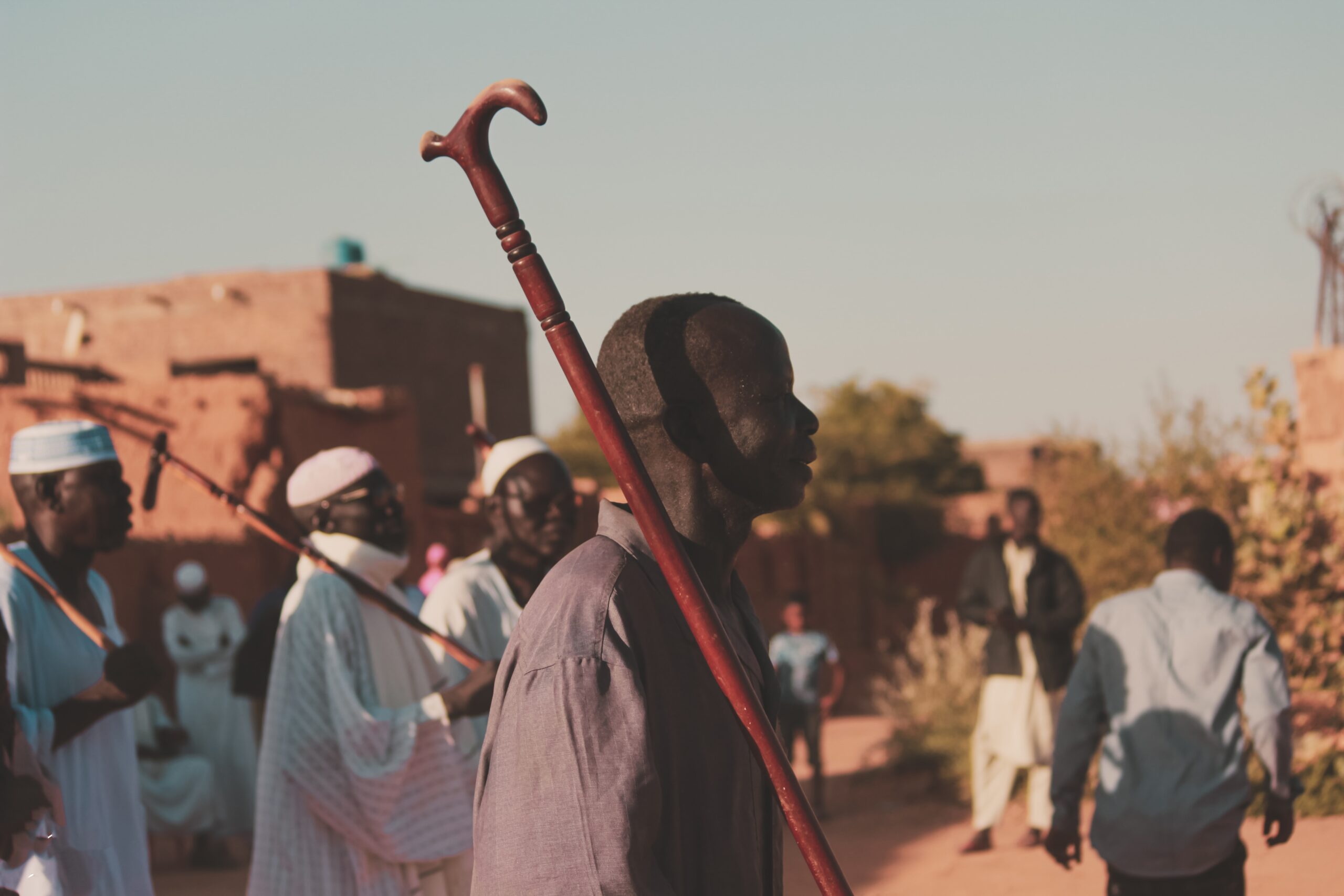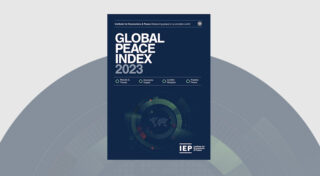Sudan is positioned at the 155th spot on the Global Peace Index 2023, and the third least peaceful country within the MENA region. This ranking sheds light on the country’s tumultuous journey since its independence as a new state in 1956. Its history is marred by persistent conflicts, most notably the extensive and deadly civil war that to the of its southern region, resulting in the emergence of the Republic of South Sudan. The factors underpinning this division were primarily rooted in religious and economic disparities.
From its very independence, Sudan has been under the governance of various regimes, with the notorious dictator Omas al-Bashir wielding power for 26 years. However, his rule was brought to an end in 2019 through a coup orchestrated by General Abdel Fattah al-Burhan, his military head of the Sudanese Armed Forces (SAF) and General Mohamed Hamdan Dagalo, commonly known as “Hamedti”, the leader of the paramilitart Rapid Support Forces (RSF). These two military leaders, who had initially collaborated, found themselves at odds earlier this year due to differences in leadership approaches and their vision for Sudan’s future.
An additional layer of complexity emerged in April 2023 when conflict erupted between the SAF and the RSF, due to the conflict between Hamedti and al-Burhan. This ongoing strife has led to alarming statistics of approximately 10,000 fatalities, 8,000 injuries, and a staggering three million internally displaced individuals. Amid the turmoil, a substantial portion amounting to 900,000 refugees have sought refuge in Egypt, the most stable neighbouring state of Sudan and their former ruler. The persistence of conflict is intricately tied to the political instability stemming from governmental transitions.
Before the coup of al-Burhan and Hamedti, Wagner Group was found to support al-Bashir’s regime during the uprisings in exchange for exclusive mining rights for gold in Sudan. Despite Wagner leader Yevgeny Prigozhin denying allegations of aiding the Sudan conflict, strong evidence from flight tracking suggests otherwise. Wagner Group owns a mining company under the name Meroe Gold based in Sudan which is a subsidiary of M-Invest, a US sanctioned company. This arrangement deviates from the norm of international mining companies sharing profits with the country. Wagner is seen to support the winning parties, now making deals with Hamedti folllowing his usurpation on Sudan’s military and government. This activity has brought attention to Wagner Group’s ownership of gold mining companies that are known to fund Russian interests.
In 2022, Sudan reported the highest production of gold, although around 50-80% of it is reportedly smuggled to fund conflicts around the world. This turmoil is intertwined with the larger issue of Russia’s pursuit of gold reserves, where Wagner Group has reportedly played a role in bolstering Russia’s gold holdings, partly sourced from Sudan.

Despite the challenges and conflicts, certain aspects of Sudan’s peaceful potential are underscored by the Positive Peace Index. Sudan ranks 155th as well on the PPI, and it has low scores across all levels of the Positive Peace Pillars. The focus here should shift toward enhancing its lowest pillars as a means of progress. The city of Khartoum, the capital of Sudan, has witnessed an increase of violence over the past decades, further contributing to the country’s instability. This notion ties into the discontent among the public who yearn for a more democratic form of governance and an end to war in Sudan. The obstacles to this aspiration are individuals and mechanisms seeking to maintain control over the population. Moreover, the nexus between Sudan’s crisis and its natural resources has intensified the country’s political vulnerabilities. The exploitation of these resources by external actors capitalises on Sudan’s unsteady political landscape.
Learning more about the relationship between conflict in Sudan and the outside forces that support it can help peacebuilders and the public navigate the relationship of peace, not just in as a one-dimensional problem, but something that is multilayered and complex in its conception and development. Sudan’s conflicts, influenced by both internal factors and global dynamics, underscore the importance of embracing Positive Peace. This approach aims to foster harmonious relations, social inclusivity, and economic stability. It goes beyond mere cessation of hostilities, forming a robust foundation for lasting stability and building resistance against future aggressions. Positive Peace’s principles are pivotal for nations like Sudan, to guard against external exploitation of conflicts.
Understand more about how the Positive Peace Pillars work in the Positive Peace Report.

Download the Global Peace Index 2023.
Global Peace Index 2023